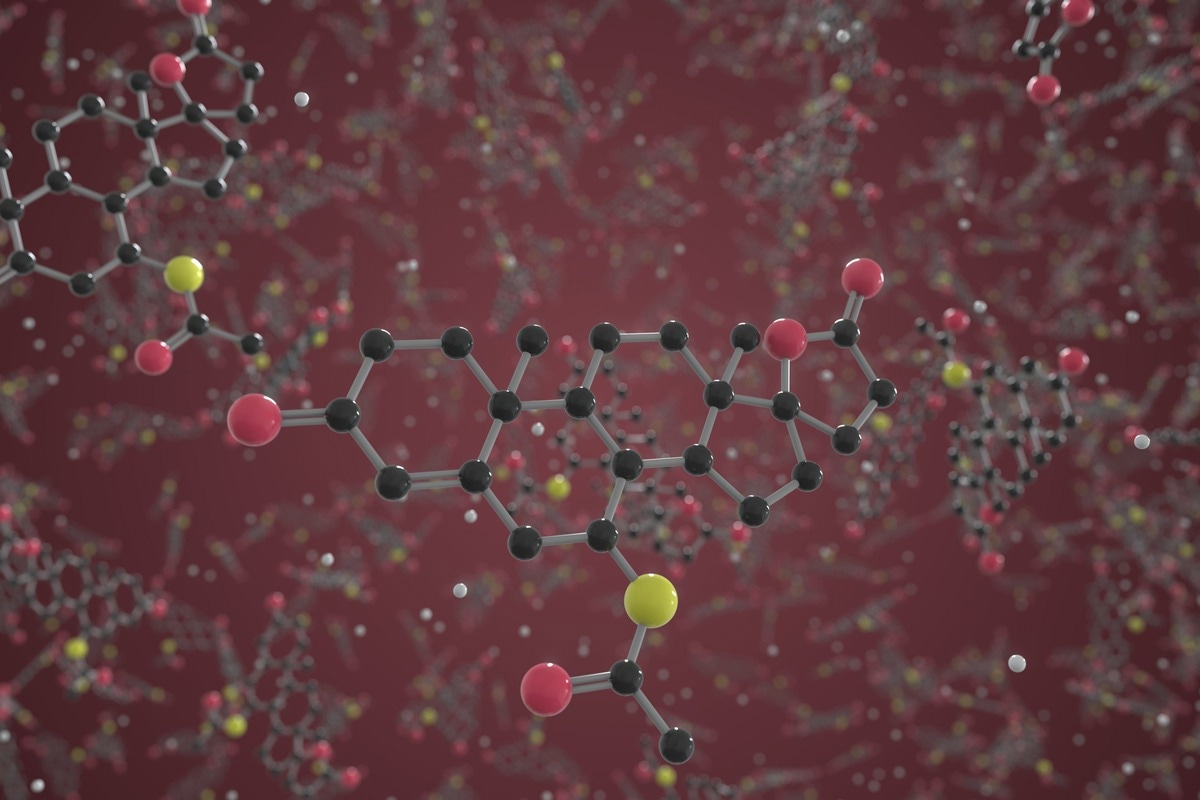In a recent study posted to the medRxiv* preprint server, researchers performed an integrative analysis of clinical outcomes and viral entry networks in severe coronavirus disease 2019 (COVID-19) infection.
 Study: Integrative analysis of viral entry networks and clinical outcomes identifies a protective role for spironolactone in severe COVID-19. Image Credit: Irina Anosova/Shutterstock
Study: Integrative analysis of viral entry networks and clinical outcomes identifies a protective role for spironolactone in severe COVID-19. Image Credit: Irina Anosova/Shutterstock

 *Important notice: medRxiv publishes preliminary scientific reports that are not peer-reviewed and, therefore, should not be regarded as conclusive, guide clinical practice/health-related behavior, or treated as established information.
*Important notice: medRxiv publishes preliminary scientific reports that are not peer-reviewed and, therefore, should not be regarded as conclusive, guide clinical practice/health-related behavior, or treated as established information.
Background
Viral entry into the host cell is a critical step in the severe acute respiratory syndrome coronavirus 2 (SARS-CoV-2) replication cycle responsible for the virulence and tropism of the viral variants. SARS-CoV-2 entry into the host depends primarily on binding interactions between host angiotensin-converting enzyme-2 (ACE-2) and SARS-CoV-2 spike protein. However, research is needed to understand the entire process of host cell entry and the involvement of the network of several host genes.
About the study
In the present study, researchers used high-throughput functional screens and retrospective cohort analysis to recognize drugs that can alter the COVID-19 disease course by targeting factors influencing host entry.
The team recognized host subnetworks that allow SARS-CoV-2 entry by collecting all genome-wide clustered regularly interspaced short palindromic repeats (CRISPR) screens. These screens estimated the effect of individual genetic expression on SARS-CoV-2 infection. They provided data related to various cellular contexts such as lung and non-lung cell types as well as functional perturbations like loss-of-function or CRISPR-KO and gain-of-function or CRISPRa. The final dataset comprised three CRISPRa and five CRISPR-KO screens that allowed the resolution of viral entry mechanisms.
The team also quantified the enrichment of functional pathways among each CRISPR screen. Furthermore, unweighted networks represented known interactions between drugs approved by the Food and Drug Administration (FDA) and entry genes detected in the individual screens. Subsequently, the team performed downstream analysis on drugs according to the centrality of each hit network.
Additionally, a retrospective clinical analysis with the propensity scores matched was performed to estimate whether the usage of the candidate drugs was related to COVID-19 disease severity. The team collected electronic medical records, including a total of 64,349 patient cases having a positive SARS-CoV-2 diagnosis. Furthermore, the team evaluated if the inhibition of SARS-CoV-2 entry could intervene in the mechanism of spironolactone. This was achieved by performing a SARS-CoV-2 pseudoviral entry assay at different spironolactone doses in a cell line derived from human lung epithelium.
Results
The study results showed that the three CRISPRa and five CRISPR-KO screens displayed different levels of correlation at single-gene levels consistent with the corresponding heterogeneous cellular contexts. Almost 88% of the screams were substantially correlated to a minimum of one other CRISPR screen, and 26% of the pairwise comparisons showed a remarkable positive correlation after adjusting for multiple testing. The team also noted that the gene-level similarities were higher among each type of CRISPR screen. A positive correlation was found among 60% and 33% of CRISPR-KO and CRISPRa screen pairs, respectively.
The team also observed that a total of 20 Kyoto Encyclopedia of Genes and Genomes (KEGG) pathways were substantially enriched in a minimum of two screens, among which were several pathways that were directly involved in the entry of SARS-CoV-2. Pathways related to phosphoglycerides and glycosaminoglycans were the most enriched, consistent with their important function in viral attachment. Furthermore, significant de-enrichment was also observed in pathways related to neurodegenerative diseases like Huntington’s, Parkinson’s, and Alzheimer’s. The team also found that the correlations among enrichment scores of normalized pathways for every screen were higher than those for individual genes.
The study showed that each unweighted network comprised an average number of 116 genes, 605 drugs, and 758 edges each which corresponded to a mean density of almost 1.06%. For each graph, the mean degree was estimated to be 6.50 for the gene nodes, 1.23 for the drug nodes, and 2.03 overall, with approximately 3.81% of genes detected per screen having unknown drug interactions.
Analysis of spironolactone revealed a substantial negative correlation between the use of spironolactone and COVID-19 disease progression to admission to the intensive care unit (ICU). Moreover, the association between spironolactone usage and the need for a mechanical ventilator was significantly negative. Metformin, the positive control, also displayed a remarkable negative correlation with ICU admission and a nominally substantial correlation with intervention with a mechanical ventilator.
The team noted a dose- and time-dependent effect of spironolactone on SARS-CoV-2 entry. Interestingly, there was an initial peak of SARS-CoV-2 entry at four to eight hours after infection when there was a slight but substantial increase in viral infection at the administration of the highest dose. After the initial peak, the team observed a larger and more robust reduction in viral infection at higher doses of spironolactone, which agreed with an overall inhibition of SARS-CoV-2 entry.
Overall, the study findings showed that spironolactone could serve as a potential candidate as a SARS-CoV-2 infection modulator.

 *Important notice: medRxiv publishes preliminary scientific reports that are not peer-reviewed and, therefore, should not be regarded as conclusive, guide clinical practice/health-related behavior, or treated as established information.
*Important notice: medRxiv publishes preliminary scientific reports that are not peer-reviewed and, therefore, should not be regarded as conclusive, guide clinical practice/health-related behavior, or treated as established information.